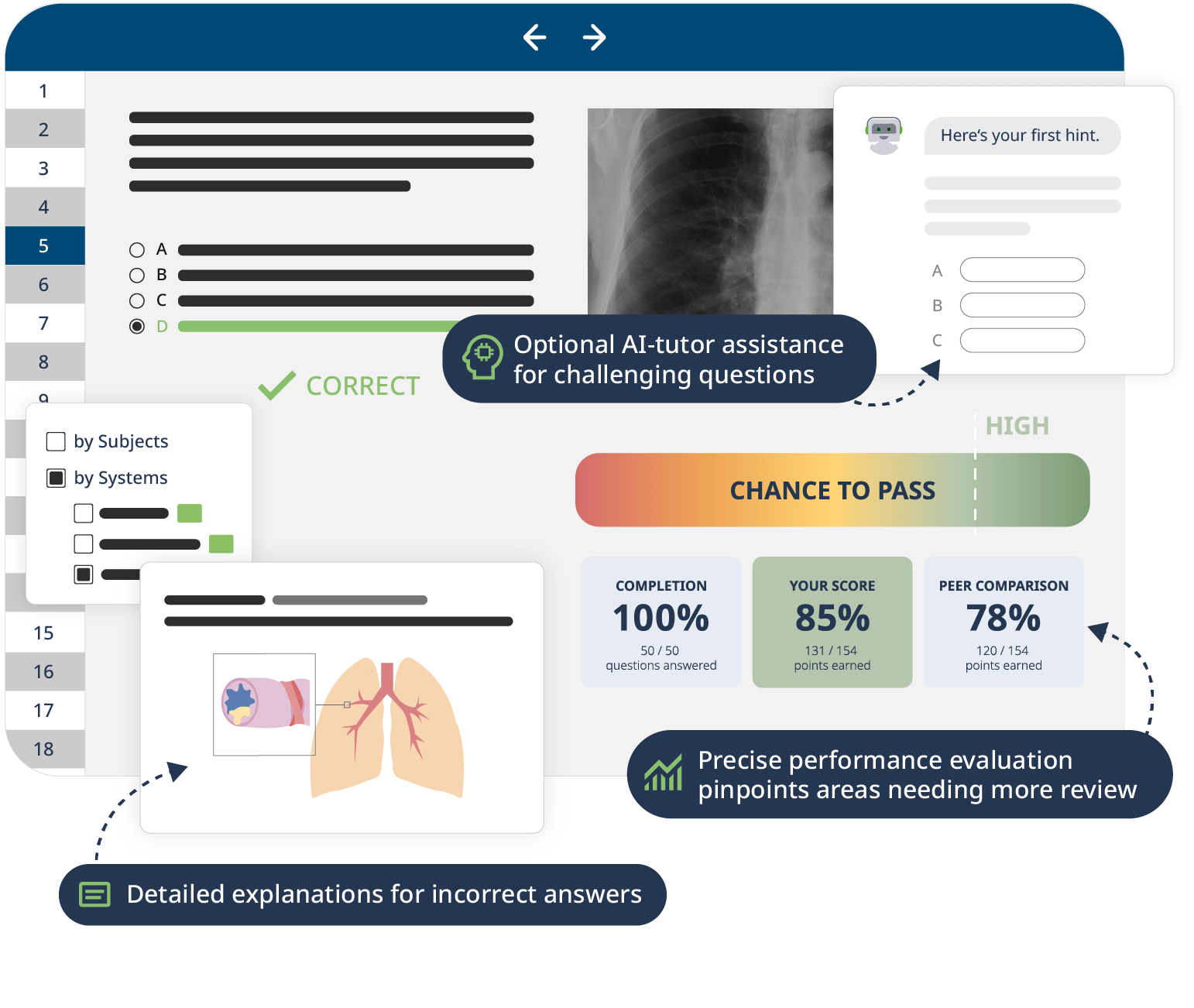Understand the human mind and social relationships
with the complete online course to prep for the “Psychological, Social, and Biological Foundations of Behavior” MCAT section
The MCAT dedicates about a fourth of its questions to the psychological, social, and biological foundations of behavior. Since psychology integrates concepts from multiple disciplines, this can be a hard section to prepare for.
This course covers the core concepts of how humans sense and understand their environment that you need for the MCAT and medical school. You will learn the key topics of psychology including self-identity, social itneractions, social thinking, and social structures.
Tarry Ahuja, PhD, will guide you through the elements that shape the human mind and explain how that self functions within societal structures.
The combination of Video Lessons with interactive quiz questions, downloadable study materials, and a MCAT-style Qbank makes it easy to understand and retain the topics.
By the end of this course, you will have a solid grasp of the psychological, social, and biological foundations of behavior, setting up up for a high MCAT score and giving you a headstart in medical school.










